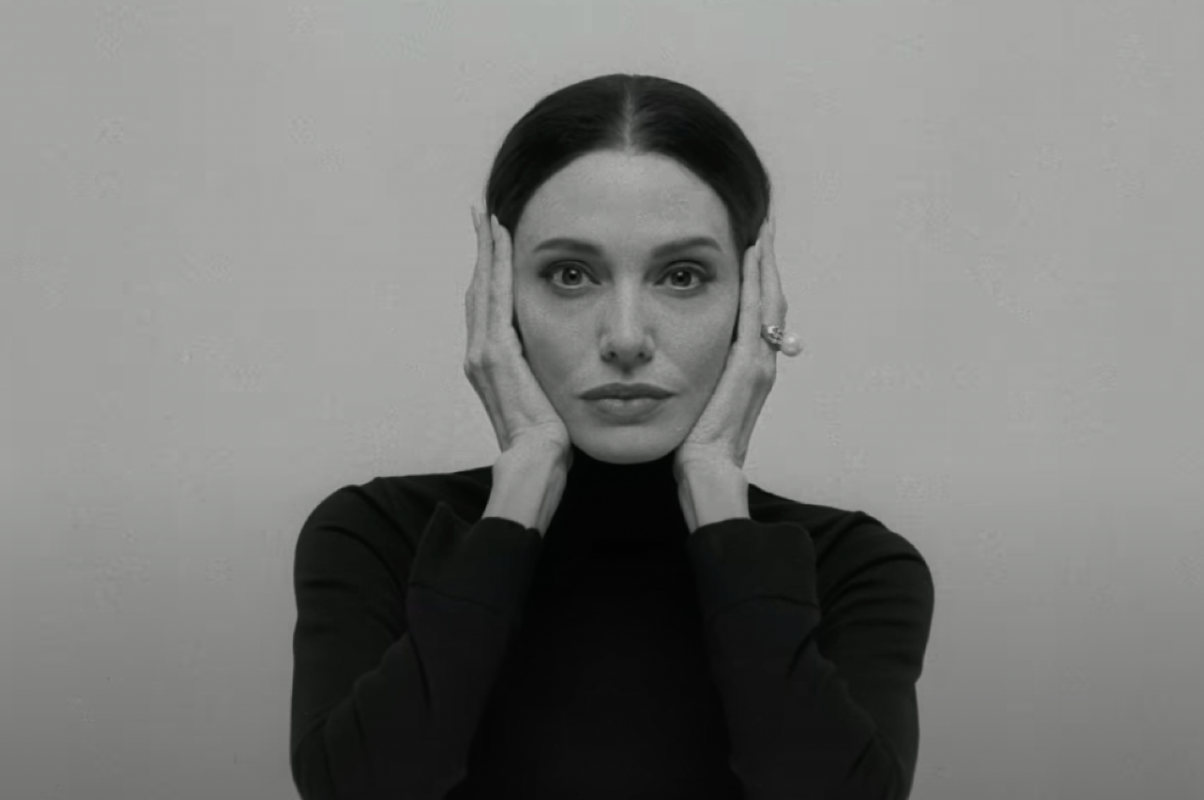The final instalment of Pablo Larraín's trilogy highlighting impactful women in the 20th century is almost here. The story of Maria Callas is a tragic yet beautiful tale. Maria was once described as one of the greatest opera singers of all time, but her life was clouded by so much mystery. Now, through the incredible talent of Academy Award winner Angelina Jolie, we pull back the curtain on her final years on earth.

Speaking to both Angelina and Pablo, we discuss why now was the perfect time to deliver this story, and how tapping into your emotions through art can be a healing journey for more than just yourself:


And Angelina, when did it click that you can relate to her life and this character you then married together to create this perfect role?
Angelina: Well thank you – Pablo and I had met before and I wanted to work with him, so I knew if he was asking me and he saw something, even if I wasn’t sure of it, there was something I could learn from him about what he was seeing. I knew how important opera and Maria is to his life, so I felt honoured that he would consider me, not just because it’s her but because I know what it means to him and how seriously he takes his work.
I had a moment where I had to pause and make [sure] because it’s quite a – I had to feel like I could do it. I never want to take on something I don’t think I can do and this one scared me. But I started to watch, and I would encourage you to do it, watch some of her interviews especially the later ones in her life. Read some of the reviews of her last concert, they’re cruel. They’re really cruel. When you study this person's life, the work and what they put forward into the world and you imagine what her last years were like, you can’t help but feel very protective of her. [You] want to understand her but also you want to put something forward that is done with love.

I can see that, and you can definitely feel that in the film. With Maria, I guess what a lot of people say sets her apart from other performers is the emotional and physical vulnerability that she left on stage and you could see that in how you were playing the character. We’ve seen you bring this sense of vulnerability in previous roles you’ve done but this one in particular had a special kind of tenderness, how do you put that of yourself into these characters? And do you ever find it a little exposing to release a part of you in these roles?
Angelina: That’s a nice question – yes it is and it was very exposing. This film is very exposing for me and was very open because you know you’re acting but the emotion is real, the tears are real, the pain is real, it’s just you’re pulling it from different aspects of your life but it’s you.
What was interesting to me was that two of my sons worked on the film. They’d worked on many things with me: they’ve seen me do many things and they know I’m an artist, but I realised it was the first time I had a very emotional scene and they came in a little worried. I realised that there are things you don’t show your children, there’s a part of your pain and vulnerability that you don’t let all out in front of your children. So this process was a very different way of being open but showing them also that an honest life is a lived life, you feel everything. Your mother’s vulnerable. She has pain and sadness, but she still is okay and it’s going to be okay. But that was when I realised it was a little more than I’d put forward before.
I’m sure it probably brought you closer together – you’ve protected them from seeing certain parts of yourself, but now they’re actually seeing the whole you.
Angelina: Exactly, and they’re older now, so in a way they would then sometimes start to come in and sometimes give me a hug – they also realised like we all do with people we love, that you can see the person you love as they fully are and you can help them, you can love them, you can be their friend. It was nice.

